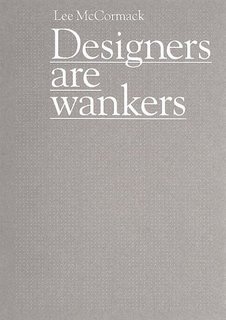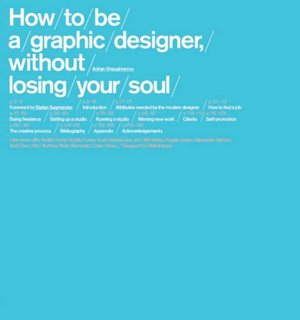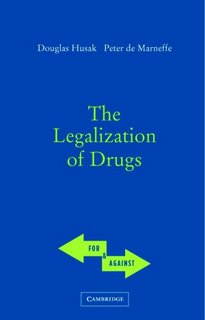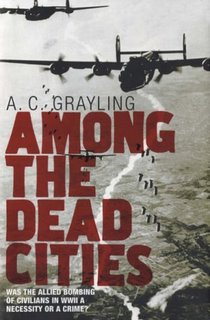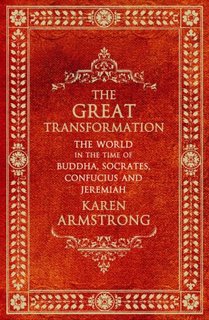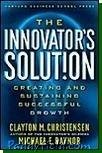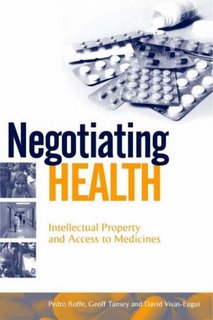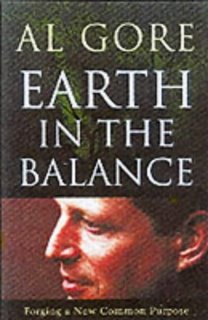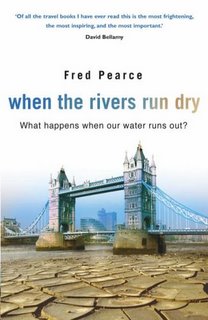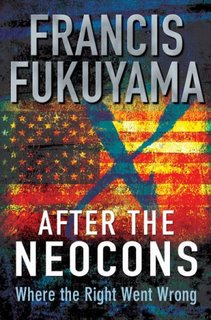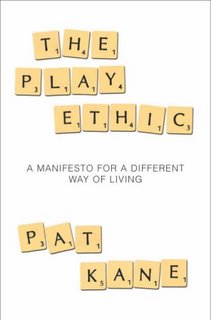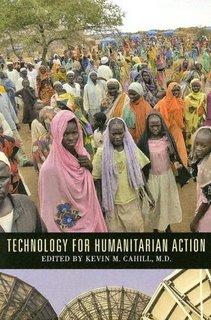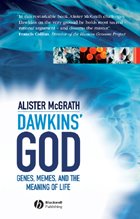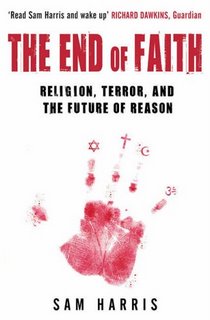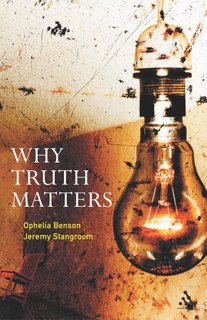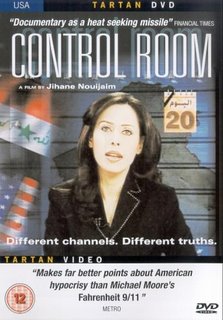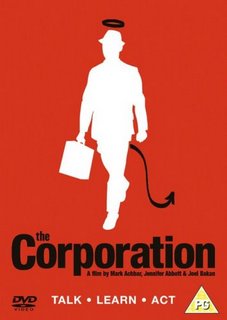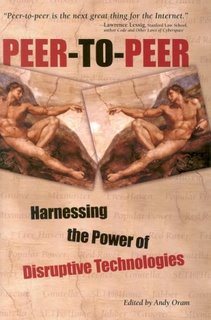Charles FishmanThe Wal-Mart effect: how the world's most powerful company is transforming the rules of the American economyPenguin Press, 2006, 381.149 FIS
Greg Spotts
Wal-Mart: the high cost of low price
The Disinformation Company, 2006, 381.149 SPO
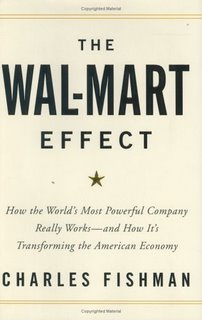
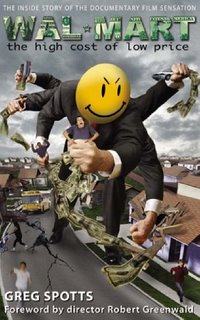 Wal-Mart
Wal-Mart is not only the world's largest company; it is also the largest company in the history of the world. Americans spend $26 million every hour at Wal-Mart, twenty-four hours a day, 365 days a year. As such, Wal-Mart is at the forefront of the ever powerful advance of corporate, mass retailing. Whether viewed as a revolutionary organization providing affordable products to millions of America's lower-income families, or a power hungry corporation putting profits firmly in front of people, the role of organizations such as Wal-Mart within capitalist societies is an issues of great significance us all. Contributing to a debate that has received significant international media coverage (including a nationally broadcast
television report from the acclaimed American public broadcasting network
PBS) these equally engaging books present the giant company in two very different lights.
In
The Wal-Mart effect: how the world's most powerful company is transforming the rules of the American economy, award-winning journalist Charles Fishman breaks through the wall of secrecy to reveal the many astonishing ways Wal-Mart's power affects our lives and reaches all around the world, providing a much needed insight into the impact of this monster company on retailers and manufacturers, wages and jobs, the culture of shopping, the shape of our communities, and the environment.
Wal-Mart: the high cost of low price is a fast-paced, insider book accompanied the recent documentary film
Wal-Mart, that takes us behind the scenes of a powerful new coalition of voices that is seeking to challenge Wal-Mart and speak out about the threat to our way of life that they believe this retailing giant represents. As part of this grassroots movement a network of websites, such as
WalMartWatch and
WakeUpWalMart, have been set up to support the nationwide campaign to reveal the allegedly harmful impact of Wal-Mart.

